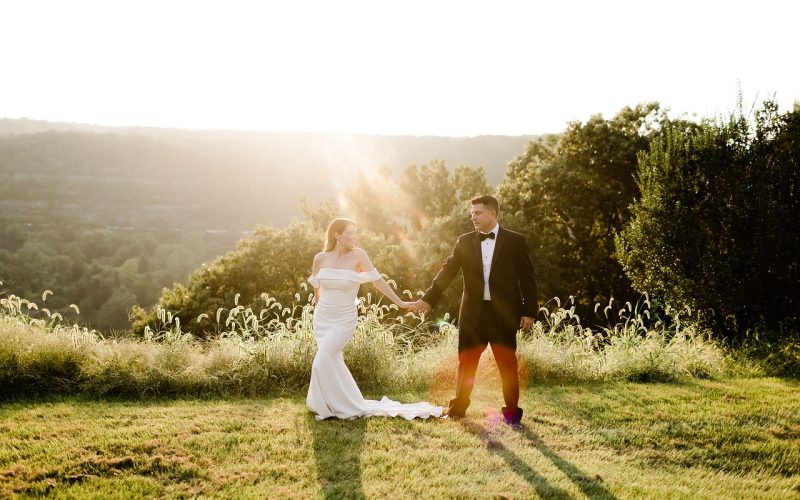Marriage has long been seen as a defining milestone in romantic relationships, symbolising a lifelong commitment and a public declaration of love. However, in recent years, many couples have been opting out of tying the knot, redefining what it means to be in a committed and fulfilling relationship. The choice to forgo legal matrimony doesn’t mean they value their partnership any less—it’s simply that their goals and priorities don’t align with the traditional idea of marriage.
This trend doesn’t indicate a decline in the importance of relationships. Instead, it reflects a shift in how couples view long-term commitment and societal norms. Below, we’ll explore why so many are trading wedding bells for non-marital bliss and how this approach works for them.
Financial considerations play a major role
One of the most common reasons couples opt out of marriage is the financial burden associated with it. Weddings often come with a hefty price tag, costing thousands (or even tens of thousands) of pounds. For many, it’s an expense they’d rather avoid, especially when those funds could go towards savings, property investments, or shared life goals.
Additionally, some couples are weary of the financial implications tied to marriage, such as higher tax brackets, shared debts, or complicated divorce proceedings should the relationship not work out. For them, maintaining separate financial autonomy while living as equals within a committed relationship provides peace of mind.
Changing societal attitudes towards marriage
Societal attitudes towards marriage have evolved significantly over the past few decades. There's less pressure to “settle down” in the traditional sense, particularly for younger generations. No longer are unmarried couples stigmatised as they once were. Instead, there's a growing acceptance of diverse relationship structures that suit various lifestyles and preferences.
For some, the idea of marriage no longer holds the same symbolic or cultural importance it once did. Love, trust, and commitment, they argue, are not dependent on legal documents or ceremonies. With this shift in belief, couples feel empowered to define their relationships on their own terms.
Focusing on personal growth and flexibility
Another key factor driving the decision to forgo marriage is the desire for personal growth and independence. Many modern couples prioritise individual fulfilment alongside their shared lives, and they feel that staying unmarried allows them greater flexibility. This doesn’t imply a lack of commitment—it simply means their relationship is rooted in mutual respect and autonomy.
For these couples, the decision not to marry allows space for tackling challenges as they come without the added pressure of upholding marital expectations. They argue that the absence of a marriage certificate doesn’t make their bond any less secure or meaningful.
Legal protections are no longer exclusive to marriage
From inheritance to shared property and parental custody, marriage once provided distinct legal benefits. However, over time, legislation in many countries has expanded to offer similar protections to unmarried couples. Co-habitation agreements, civil partnerships, and estate planning, for example, allow couples to secure their futures without traditional marriage contracts.
These alternatives give couples the freedom to choose how they wish to formalise their relationships while allowing them to maintain their identities outside the traditional institution of marriage. This shift in legal support has substantially contributed to the growing number of couples opting out of wedlock.
Making decisions based on values, not tradition
For many couples, the decision to remain unmarried stems from staying true to their personal values and beliefs. They may view marriage as an outdated institution that doesn’t align with their ideals or personal philosophies. Others may disagree with its historical or religious connotations, finding it inconsistent with their modern lifestyles.
Instead of conforming to societal expectations, these couples choose to celebrate their love in their own unique ways—whether through shared experiences, building a family, or achieving mutual goals. Their happiness and commitment rest on their terms, not tradition.
Happiness doesn’t hinge on marital status
Ultimately, the rise of couples choosing not to marry comes down to personal choice. Happiness in a relationship is determined by understanding, communication, and mutual respect—not by adherence to societal norms. Whether married or unmarried, what matters is the strength of the bond and the shared values that underpin the partnership.
By redefining what commitment looks like, couples are proving there’s no one-size-fits-all approach to love. Marriage, while meaningful for some, is not the only way to solidify a lifelong partnership, and for many, skipping the wedding is simply the path that aligns best with their needs and desires.






















